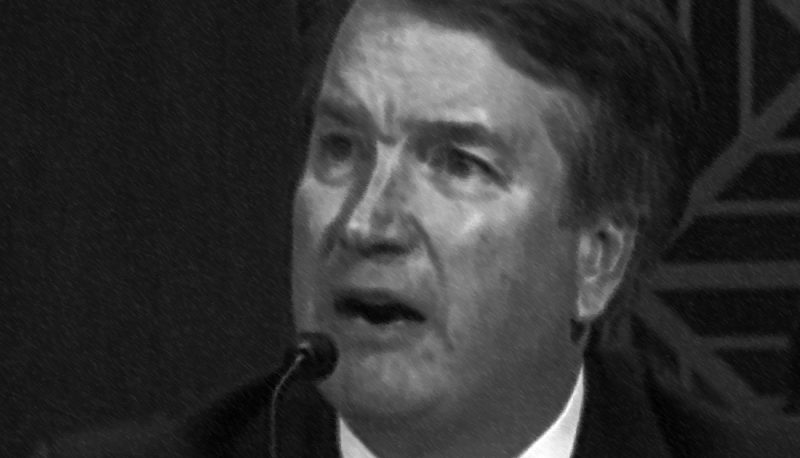“Confirmed Judges, Confirmed Fears” is a blog series documenting the harmful impact of President Trump’s judges on Americans’ rights and liberties. Cases in the series can be found by issue and by judge at this link.
Trump Supreme Court justice Brett Kavanaugh wrote a 5-4 opinion, which fellow Trump appointee Neil Gorsuch joined, upholding an Arizona Supreme Court decision to reaffirm an individual’s death sentence after the reversal of his first death sentence due to the erroneous failure to consider mitigating factors. Justice Ginsburg wrote in dissent for four justices that under a prior Court ruling, the Constitution required that a jury should have reweighed the appropriate factors and issued a sentence. The February 2020 case was McKinney v. Arizona.
James Earl McKinney was sentenced to death in 1993 for first-degree murder. Under Arizona procedure at the time, he was sentenced by a judge, who based the death sentence on his finding of aggravating factors, such as McKinney’s intent, and no mitigating factors. The decision was affirmed by the Arizona Supreme Court in 1996. Years later, the Ninth Circuit Court of Appeals found that the sentence was erroneous because the trial court refused to consider as a mitigating factor the post-traumatic stress disorder that “McKinney suffered as a result of his horrific childhood,” in violation of a 1982 Supreme Court decision requiring that such evidence be considered.
McKinney contended that he was entitled to be resentenced by a jury, but in 2018, the state of Arizona asked the state Supreme Court to “conduct a new independent review” of the death sentence to “cure any error” in the previous review. The state court conducted the review and again upheld the death sentence, despite a 2002 U.S. Supreme Court ruling that Arizona’s scheme, which relied on judges to decide whether to sentence someone to death, was unconstitutional. The Sixth Amendment, the Court ruled, requires a jury to decide whether alleged aggravating factors, which are considered proper elements of an offense, warrant the death penalty.
The Supreme Court agreed to review McKinney’s case. Justice Kavanaugh agreed with the 2002 ruling that juries not judges should make decisions on aggravating factors concerning the death penalty, but his 5-4 majority opinion nonetheless affirmed the death sentence. He wrote that the 2002 decision should not apply retroactively to the 1993 death sentence as reaffirmed by the Arizona Supreme Court in 2018, because the later proceeding should be considered a “collateral” review of the original decision.
Justice Ginsburg strongly dissented for the Court’s four moderate justices. As she explained, the 2018 Arizona Supreme Court decision to reaffirm the death penalty was not a “collateral” review, like a federal court’s collateral review of a state court conviction on a writ of habeas corpus. Instead, it was characterized by the state itself as a “new independent review” of the original death sentence and was thus a “replay” of the first direct review, this time without the constitutional error concerning mitigating factors. As Ginsburg pointed out, the “independent review” requested by the state was the “paradigm of direct review,” in which the state Supreme Court “determine[d], de novo, whether the trial court, on the facts before it, properly sentenced the defendant to death.”
Because that second direct review erroneously permitted the judge, not a jury, to make findings on aggravating factors, Ginsburg concluded, the Arizona Supreme Court’s reaffirmation of the death penalty for McKinney should be reversed. As a result of Kavanaugh’s 5-4 decision, however, McKinney’s death sentence will stand despite the constitutional errors in the case.

